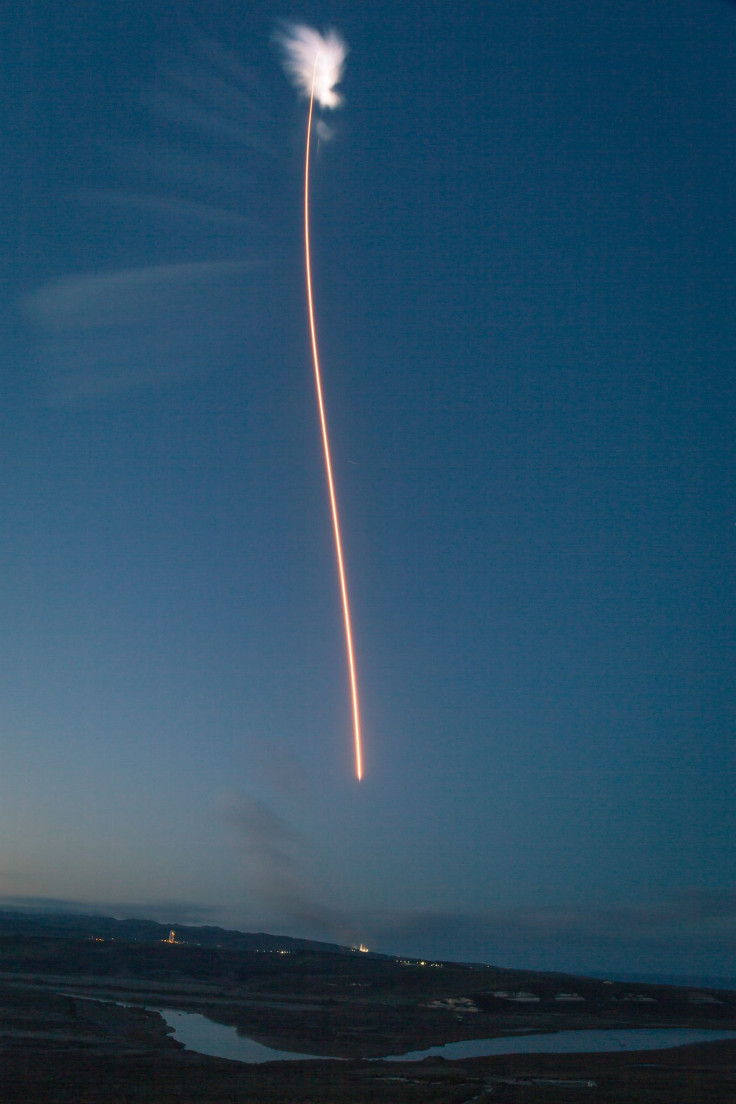SpaceX Cancels Sunday’s Falcon 9 Launch ‘To Conduct Additional Testing’ Of Fairing

Late Friday night, SpaceX announced it was indefinitely postponing the launch of its Falcon 9 rocket scheduled for Sunday morning “to conduct additional testing” of the rocket's fairing. The rocket’s payload was Hispasat 30W-6, a communications satellite for Spanish company Hispasat.
The Elon Musk company had successfully flown a reused Falcon 9 rocket Thursday from its launch pad in Vandenberg Air Force Base in California, when it placed the Paz satellite for another Spanish customer, Hisdesat, into orbit, along with two of its own test satellites as part of SpaceX’s Starlink program to provide internet from space.
The Sunday launch was supposed to fly a new rocket from one of the company’s two launch pads in Cape Canaveral Air Force Base, Florida, and then attempt to launch its first stage on a drone ship (“Of Course I Still Love You”) in the Atlantic Ocean.
Standing down from this weekend's launch attempt to conduct additional testing on the fairing’s pressurization system. Once complete, and pending range availability, we will confirm a new targeted launch date.
— SpaceX (@SpaceX) February 24, 2018
Unlike many other launch delays that have to do with weather conditions at launch time, this one was to do with some technical safety precautions SpaceX decided to take.
Sunday’s two-hour launch window opened at 12:35 a.m. EST, and had the launch taken place, the satellite would have been placed in a geostationary orbit around Earth. After a few weeks, during which Hispasat would test the spacecraft to make sure it was working properly, would place it at its final orbital position, the company said in a statement Friday.
“Hispasat 30W-6 will contribute to the reduction of the digital divide in Latin America, the Iberian Peninsula and North Africa, promote the distribution of audiovisual content in Latin America and provide connectivity in high-speed rail or maritime services in the Caribbean and Mediterranean,” Hispasat said about its new satellite.
The satellite was manufactured by Space Systems Loral, a company from Palo Alto, California.
Many Twitter users reacted positively to the SpaceX delay, saying safety was important.
Safety first, good call.
— Chris Harvey (@ChrisHa38090710) February 24, 2018
The SpaceX drone ship “Of Course I Still Love You” was damaged during the company’s maiden launch of its Falcon Heavy rocket, and the attempted recovery of this Falcon 9 first stage would have been its first time in operation again since that incident.
The next scheduled launch by SpaceX is toward the end of March, when another Falcon 9 rocket would fly 10 satellites for Iridium as part of the company’s Iridium NEXT communication satellite fleet. That launch is to take place from SpaceX’s California launch pad. It is not known whether the delayed Hispasat launch would take place before that, but it seems likely.
© Copyright IBTimes 2024. All rights reserved.





















